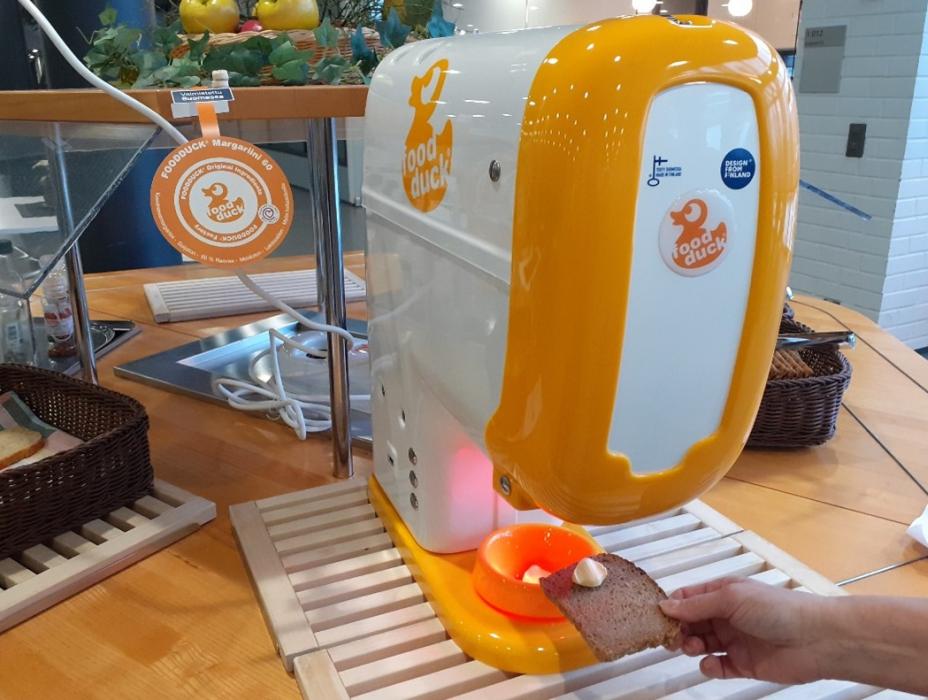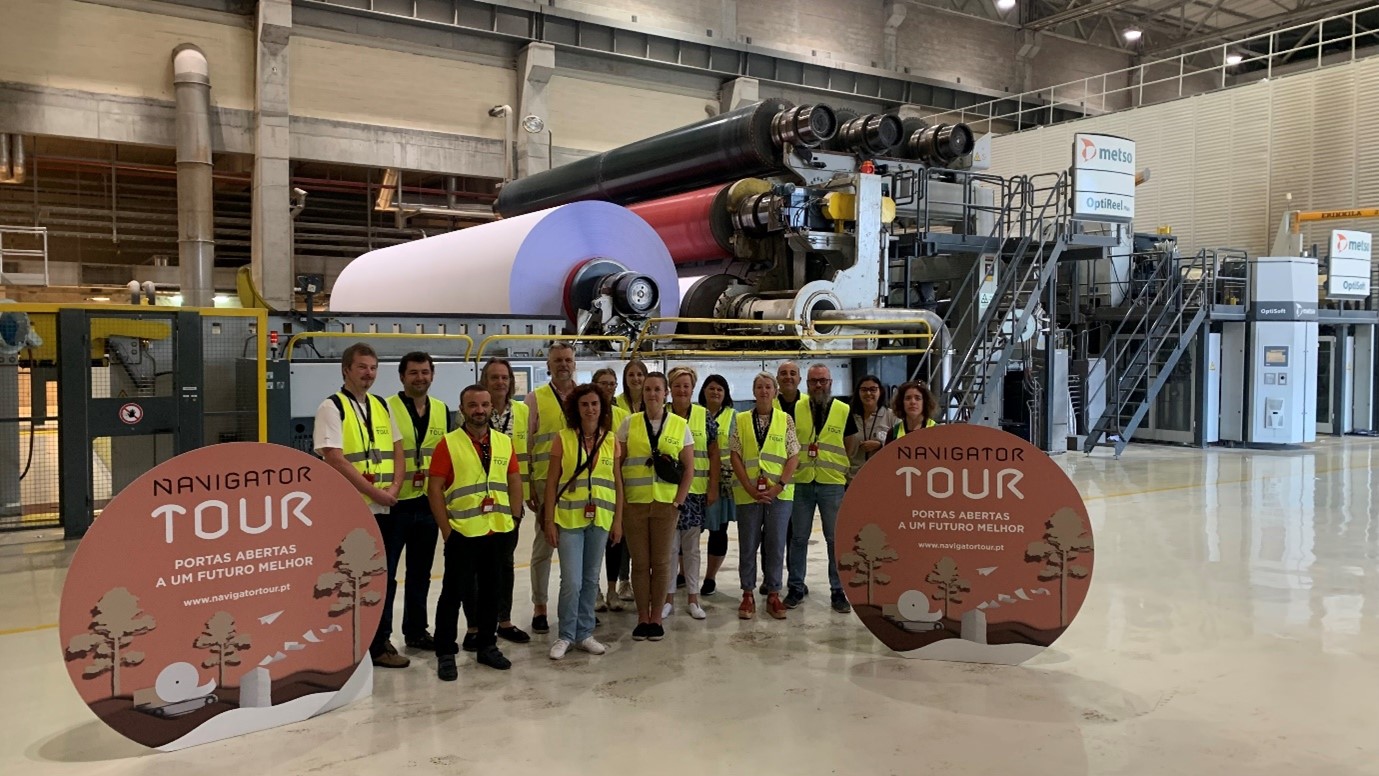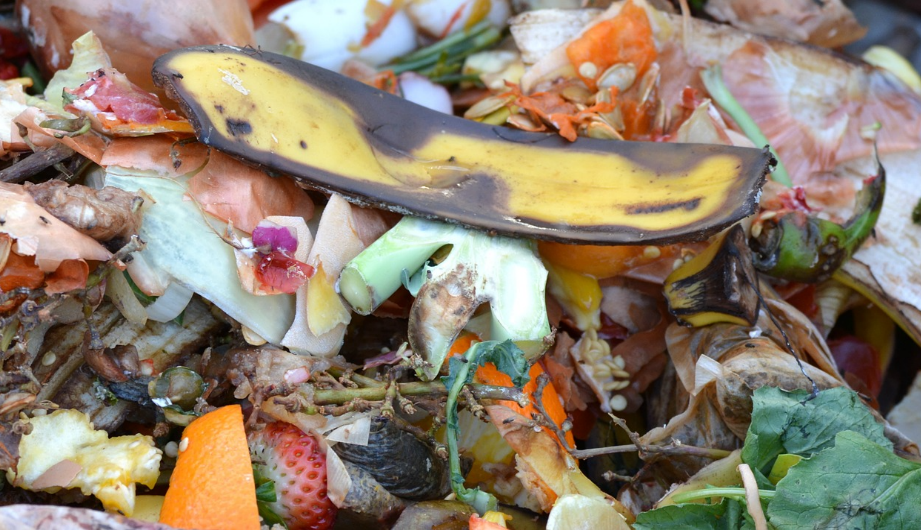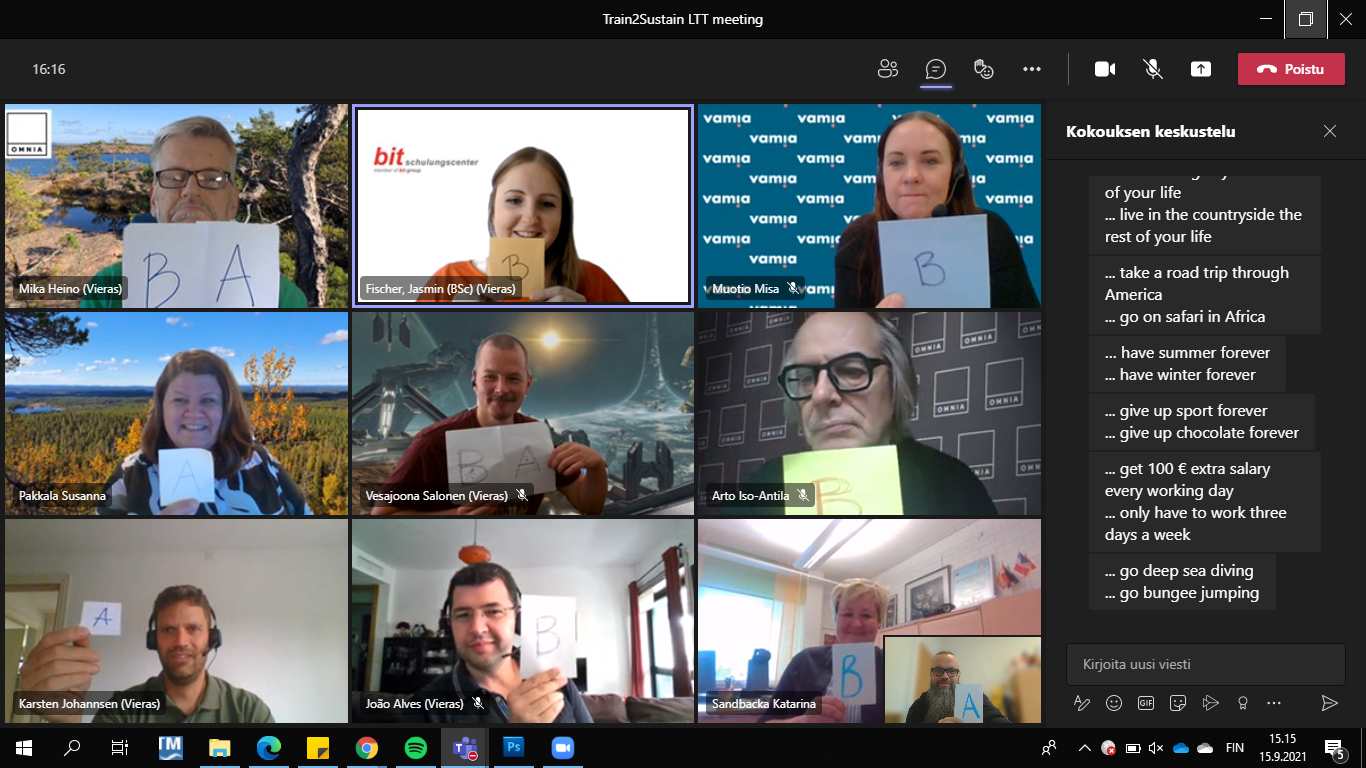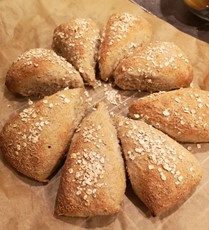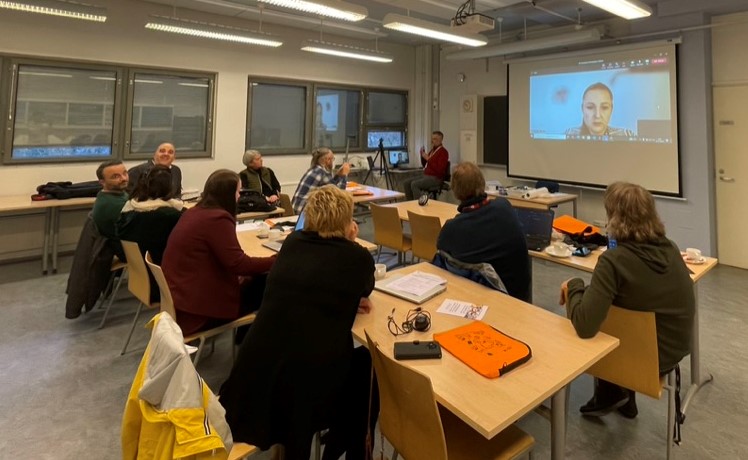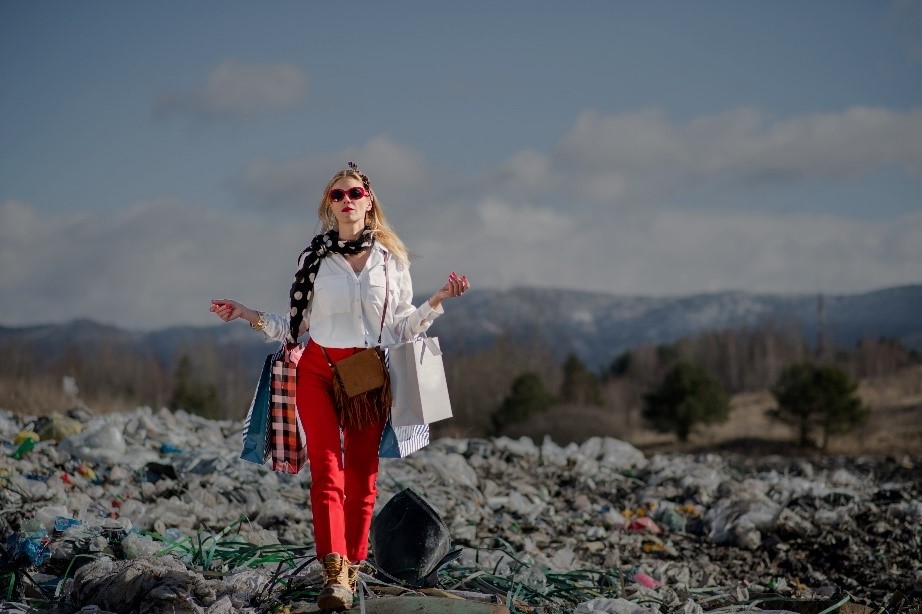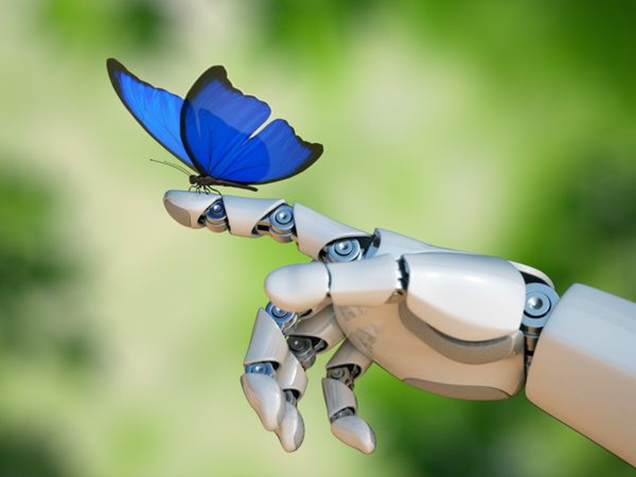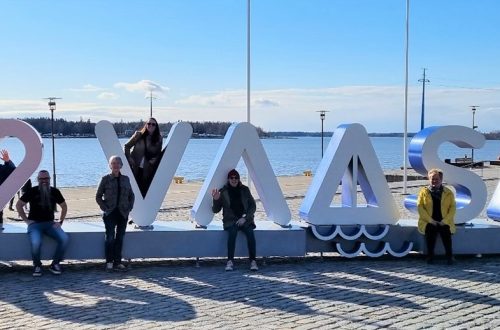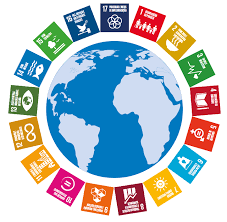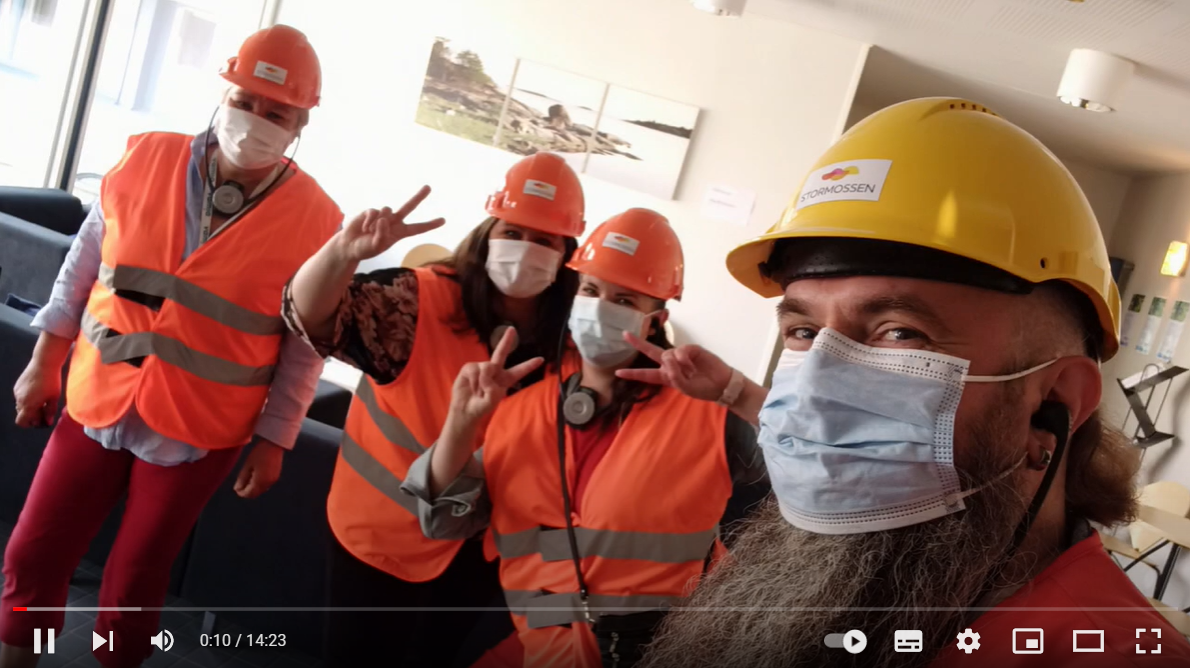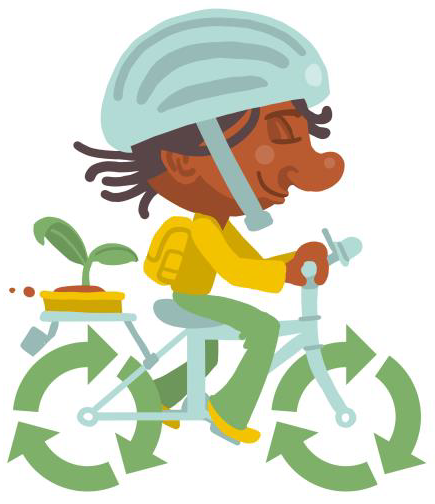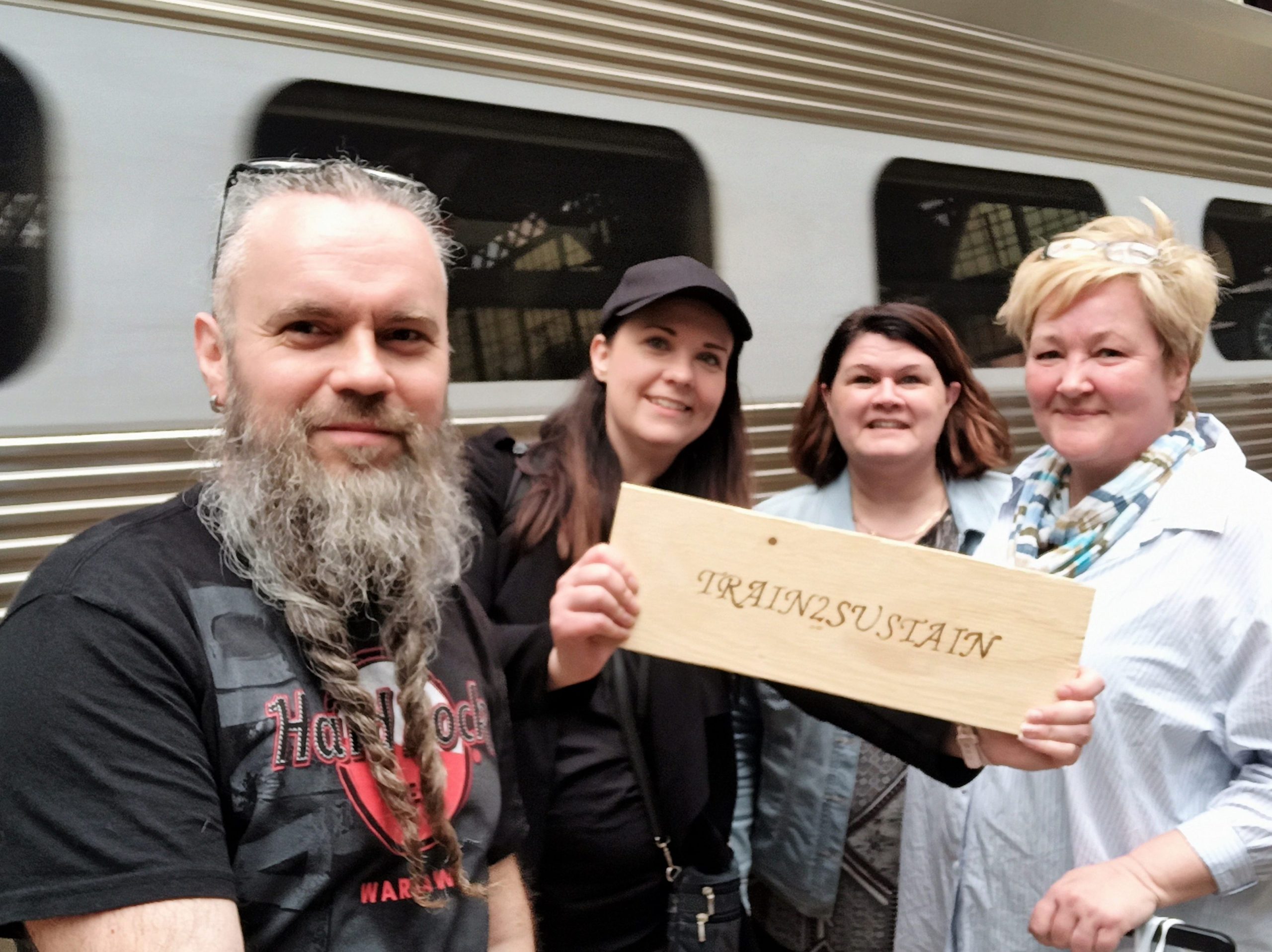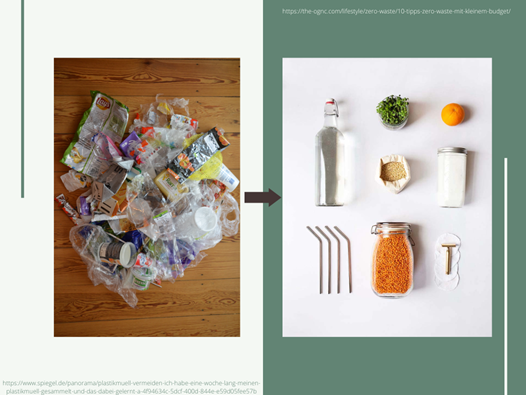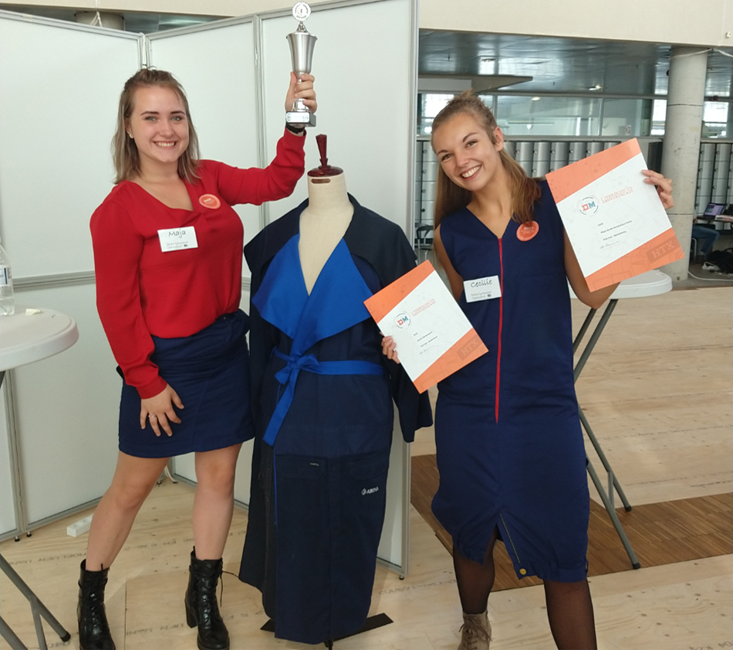-
Increase the amount of vegetarian food and reduce waste
Omnia’s student restaurants are constantly striving to find new ways to increase the amount of vegetarian food, reduce waste and operate in a safe manner. Three thousand diners visit Omnia’s seven student restaurants every day. The more diners there are, the more food is also prepared, and the greater the impact of the choices made in the kitchen. Omnia’s food services are constantly considering how to produce food more sustainably and safely.
-
Upcycling bread
Resurrect your Bread – again and again… Reusing old bread in new bread recipes is a common way to use leftovers from a previous bread production.According to various experiments (in house), it is possible to add up to 20% old bread in a bread recipe – of the same type of bread. There is a few conditions, which must be met in the process. The bread should not be moulded in any way it is easy to smell if the bread has started to mould – it smells like an “old wet basement” or if the mould is visible on the bread. Discharge the whole bread if it is mouldy.
-
The contribution of Artificial Intelligence to Sustainability
When we hear about Artificial Intelligence, we can immediately associate it with concepts such as technology, innovation, automation, robotics, efficiency, and even possibly the replacement of human beings. Artificial Intelligence (AI) is a technology that is part of the Computer Science area and is understood as the development of machines with the ability to learn, which are programmed in advance, making use of well-elaborated and complex algorithms that provide decision-making and problem solving, extrapolations and even interactions based on the data provided (Damaceno and Vasconcelos, 2018). In a more simplified way, we can consider that one of the goals of AI is the development of machines that carry an intelligent…
-
Visit to a waste management company Stormossen
In Vaasa we have one of the oldest waste management companies in Finland called Stormossen. We got a opportunity to visit them in June 2021. Enviromental educator Sini Hemming presented us their activities.
-
Online LTT Event Austria
From 14 to 16 September, our first Online Learning Teaching Training Activity took place. The first day was used to give the participants an introduction to the city of Graz and the VET system in Austria. In addition, we gained insights into the topic of sustainability in teaching by having Ms Hübner, University of Klagenfurt, present sustainable initiatives as well as the project BuNE-Z, in which she is involved. Afterwards, the materials for the theory package that had been prepared up to the event were presented and evaluated by the participants. This first day came to a pleasant end with a quiz on Austrian culture.
-
Lean Green and Sustainability in VET
In recent decades, Sustainability has been a constant concern and a priority for the industrial sector, due to the negative impacts that emissions and different types of waste represents for the environment and its preservation. Although the industry has a considerable contribution to the evolution of this problem, this sector is essential for the production of products and goods, as well as for the promotion of employment and for the economic development. As such, in addition to applying demanding environmental regulations, it is crucial that the industry think of ways to reduce the impacts that these emissions and wastes represent for environmental development. Thus, there is a combination between the…
-
Destination: Carbon neutral Omnia
We are committed to reducing our carbon footprint to guide our choices in procurement, policies and processes. In 2025, Omnia will be carbon neutral and Omnia’s energy self-sufficiency rate will have increased significantly. Omnia promotes citizens’ participation, skills and well-being and increases the vitality of municipalities, communities and businesses in the region. Omnia is a large and modern education provider offering a wide range of services with a focus on supporting lifelong learning. Our operations are guided by the changing needs of the future.
-
How I use sustainability as a theme when teaching chemistry
Every student in vocational education in Finland has to do one competence points from chemical phenomena and their application. One competence point is about 18 hours of work. The curriculum for teaching chemistry says that: The students must know how to take into account chemical substances and their properties in their work and assess their chemistry skills in the vocational field. Key concepts are to understand chemical phenomena (such as chemical bonding and chemical reactions), the chemical properties (such as flammability, reactivity and toxicity of a substances) and possible environmental risks of the most common chemical substances used in the vocational field. In Vamia there are four pedagogical themes: energy,…
-
Sustainable learning in digital way
We are often talking about how to teach sustainability, circular economy or any subject related to the environment and efficiency. At the same time, we forget to think about our ways and methods of teaching. In the Train to Sustain-project we are also considering options on how to make our materials, content and resources as reusable and shareable as possible. The aim is to provide materials available in a digital format so that those are not needed to be printed or brought out from digital platform. How digital tools and applications help us to improve sustainability? With digital tools and materials, we improve possibilities to offer training, which is not…
-
Online Workshops
Unfortunately, the project consortium is still not able to meet face to face and so we have begun to work on this project online. After a few very interesting online presentations about sustainability, circular economy and Lean from different experts in these fields, we are now well prepared to start working on the project results. Therefore, we started with a brainstorming about the contents we would like to include in our theory package and about possible fields for the 360° environment in our meeting in March. Below, you can see some of our first ideas for the contents.
